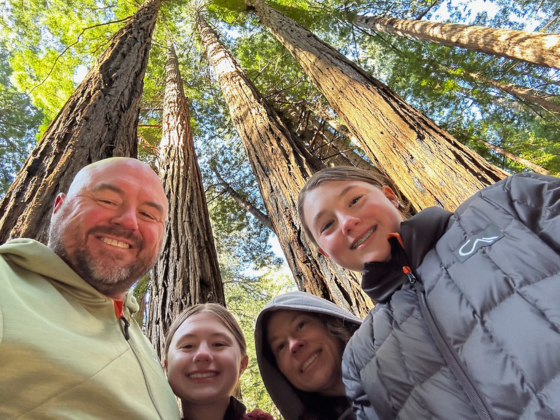For many of us, the pandemic was a forced pause—a moment to step back from the daily grind and reassess what really mattered. While it brought plenty of challenges, it also provided valuable lessons about work, family, and balance.
Before 2020, the expectation for many was clear: work came first. Long commutes, packed schedules, and the constant push for productivity often left little room for life outside of work. Then suddenly, everything changed. Work shifted from office buildings to kitchen tables, meetings turned into video calls, and people got a glimpse of what life could be like when work wasn’t the center of everything.
Now, as companies push for a return to pre-pandemic norms, employees aren’t so sure they want to go back. The collective mindset has shifted, and the debate over work-life balance is more relevant than ever.
The Push to Return to the Office
Over the last year, several major companies have issued mandates requiring employees to return to the office full-time. Amazon, for example, recently announced that its employees are expected to be in the office five days a week starting in early 2025. The company’s leadership believes that in-person collaboration is key to maintaining innovation and company culture.
Similarly, JPMorgan Chase has issued multiple return-to-office mandates, with the latest requiring employees to be back in the office full-time. While some businesses view these mandates as necessary for productivity and teamwork, employees are questioning whether full-time office life is the best—or only—way to work effectively.
Many workers are pushing back, citing increased costs of commuting, childcare challenges, and concerns about losing the flexibility they’ve come to appreciate. A recent survey even found that nearly half of employees would consider switching jobs if they were forced to return to the office full-time. The message is clear: flexibility is no longer seen as a perk but an expectation.
The Lessons We Learned
One of the biggest takeaways from the pandemic was that work doesn’t have to come at the expense of everything else. For the first time in a long time, many people had the chance to sit down for family dinners, be present for their children’s milestones, and rediscover hobbies that had long been pushed aside.
We learned that being constantly “on” isn’t a requirement for success. Studies have shown that employees who have more control over their schedules are often more engaged, productive, and satisfied with their jobs. The shift to remote and hybrid work models proved that results matter more than hours spent in a specific location.
The pandemic also reminded us that health—both mental and physical—needs to be prioritized. The stress and burnout of always being available for work became clear, and many people made intentional choices to set better boundaries. Work-life balance is no longer just a buzzword; it’s a necessity.
The Future of Work: A New Perspective
So where do we go from here? While some companies are calling employees back full-time, others are embracing more flexible approaches, allowing hybrid work models or fully remote options. The key takeaway is that people are no longer willing to shape their lives entirely around their jobs. Instead, work is becoming a means to an end—a way to support the life we want to live rather than the thing that defines us.
For some, that means working remotely while living in a place that offers a better quality of life. For others, it’s the ability to have more time with their kids, exercise in the middle of the day, or simply avoid a long and stressful commute.
The future of work will likely continue to evolve, but one thing is certain: the pandemic changed our perspective in a way that can’t be undone. The challenge now is for companies to find ways to balance productivity with employee well-being. Those that adapt will attract and retain the best talent. Those that don’t may struggle as employees prioritize workplaces that respect their time, health, and families.
Work to Live, Not Live to Work
At the end of the day, the most valuable lesson from the pandemic was simple: life is too short to spend all of it working. Jobs will always be important, but they should support our lives, not consume them. Whether it’s remote work, hybrid schedules, or simply more flexibility in how and when we work, the future should be about balance.
The world has changed, and so have we. Now it’s time for workplaces to catch up.



















